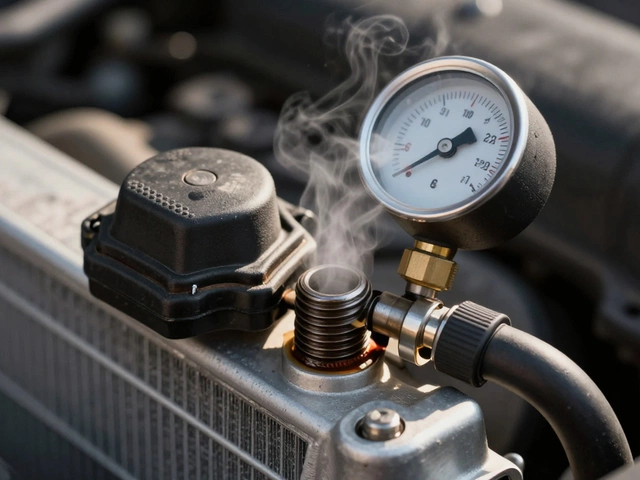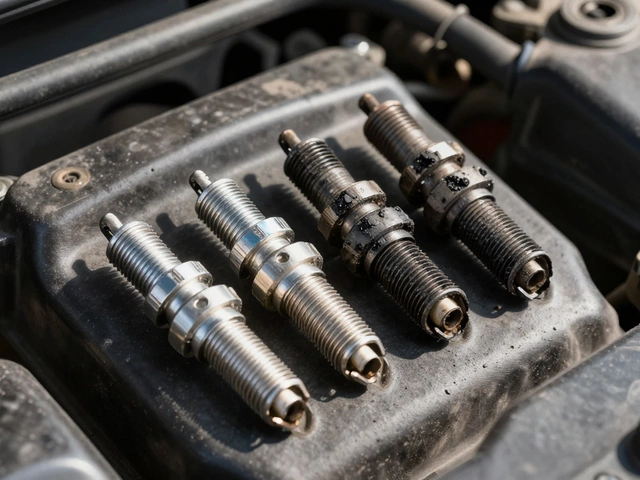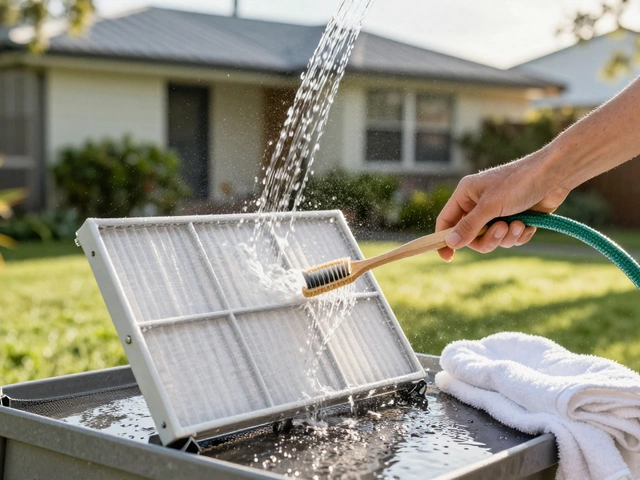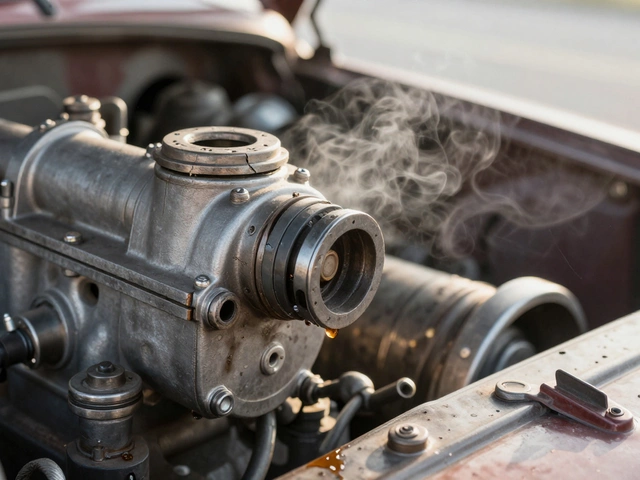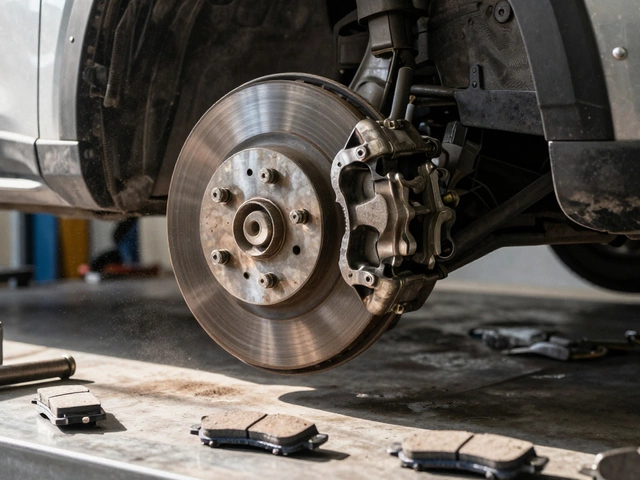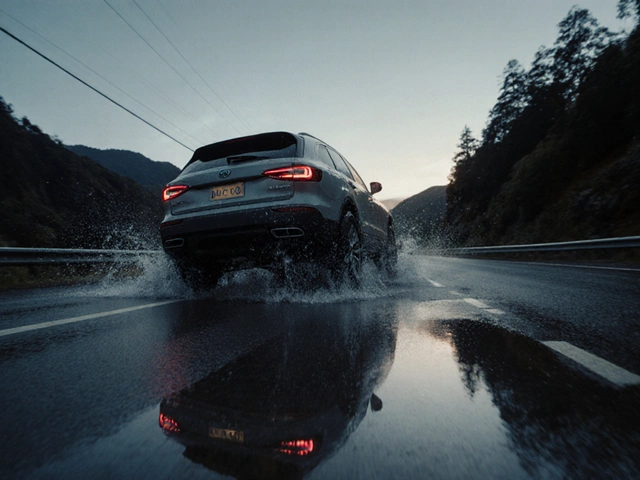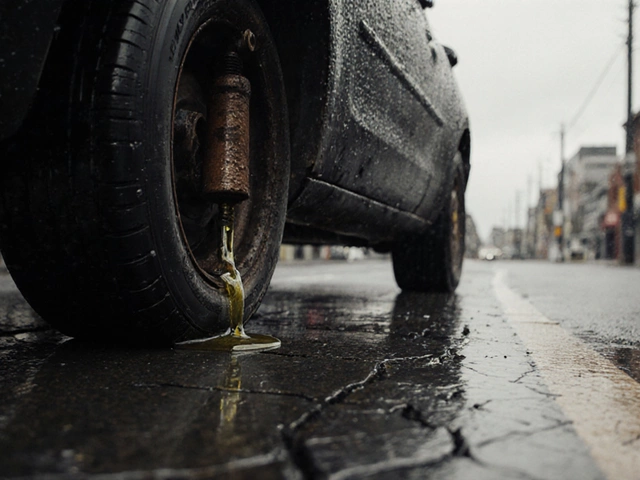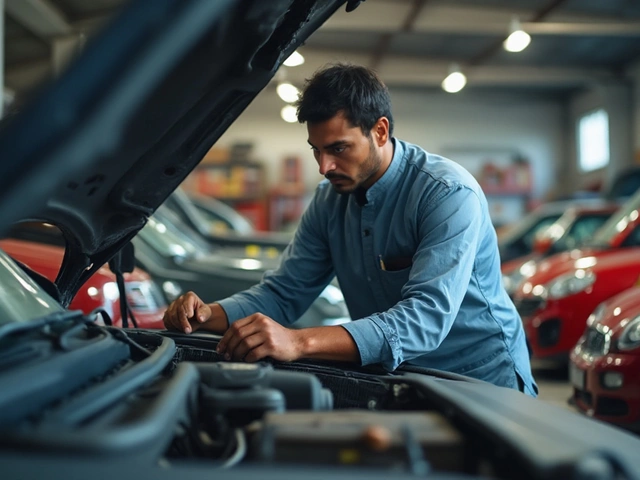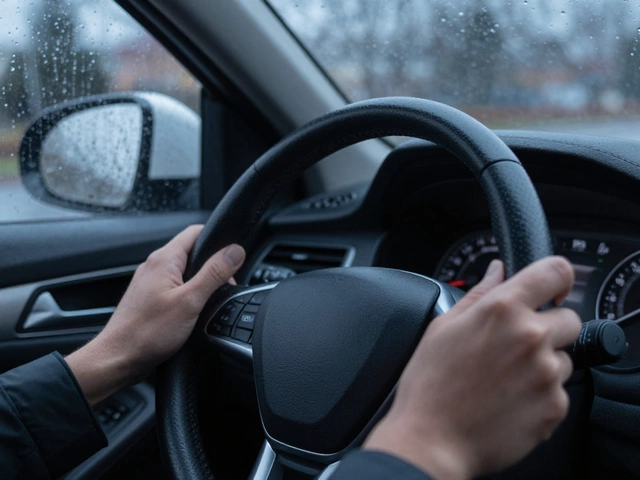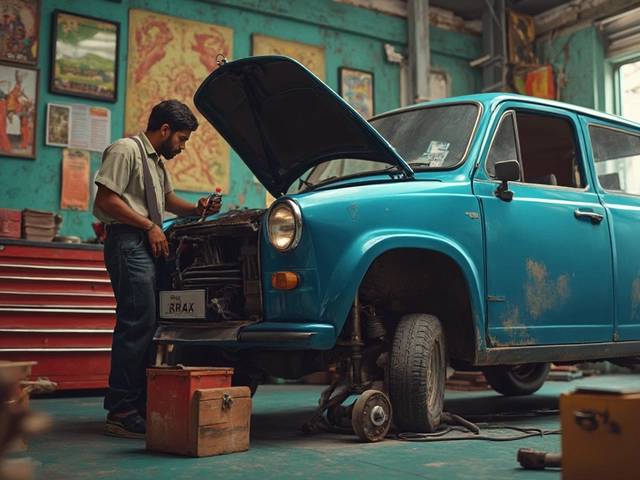How to Get a Smooth Ride Without Spending a Fortune
Ever feel like your car is bouncing like a pogo stick? A smooth ride isn’t a luxury; it’s a safety thing. You don’t need a mechanic’s degree to fix the biggest culprits. Let’s walk through the easiest checks you can do right in your driveway.
Check Your Suspension – The First Line of Defense
The suspension is the car’s shock absorber. When it starts to wear, you notice clunks, rattles, or a wobble in the steering. Look under the car for cracked bushings or leaking fluid around shock absorbers. A quick bounce test—push down on each corner and let go—shows if one side settles slower than the other. If you hear a loud thump, it’s time for a professional look.
Even if the parts look fine, the geometry could be off. A bent suspension arm or a broken control arm can cause uneven tire wear and a rough feel. The post "What Causes Suspension Failures?" explains the most common reasons, like worn ball joints or broken springs. Replacing a bad spring is cheaper than dealing with uneven tire wear later.
Brakes and Wheels Matter – Don’t Forget the Rotors
Bad brake rotors make the car shudder when you press the pedal. Look for a high‑pitched squeal or a vibration that matches your speed. If the rotors are scored, you’ll feel a pulsating brake pedal. The guide "Warning Signs of Bad Brake Rotors" walks you through a quick visual check—measure rotor thickness with a caliper and compare it to the spec sheet.
While you’re at it, match your wheels to the car. Alloy wheels look cool, but they’re heavier than steel and can change ride quality. The article "Is Upgrading to Alloy Wheels Worth It?" breaks down hidden costs. If you’re after comfort, stick with the stock size and keep the tire pressure at the manufacturer’s recommendation.
Another sneaky culprit is worn tires. Low pressure makes the sidewalls flex more, turning every bump into a roller‑coaster. Check pressure once a month and top up to the listed PSI. If the tread is worn unevenly, you might have a suspension alignment issue.
Finally, don’t overlook the wipers. Bad wipers aren’t just a visibility problem—they can cause you to drive more aggressively in rain, which stresses the suspension and brakes. The "Broken Windscreen Wipers" article shows you when it’s safe to keep driving and when you need a fresh set.
Putting these checks together gives you a solid “smooth ride” checklist:
- Bounce test each corner – note any slow settling.
- Inspect shocks, struts, and bushings for cracks or leaks.
- Listen for clunks while turning at low speed.
- Check brake rotors for thickness and scoring.
- Maintain correct tire pressure and tread depth.
- Use the right wheel size; avoid unnecessary alloy upgrades.
- Swap out worn wipers before the next downpour.
Stick to this routine and you’ll feel the difference the next time you hit a pothole. A smooth ride isn’t magic—it’s just good maintenance, done the easy way.

How to Make Your Suspension Ride Smoother: Simple Fixes and Pro Tips
Tired of your car bouncing around or every bump feeling like a pothole? This article breaks down simple and effective ways to make your suspension ride smoother. You'll learn what parts to check, when to upgrade, and handy maintenance tips that really work. It's packed with real-world advice from guys who've been there. A smoother ride is totally possible without going broke.
CONTINUE READING